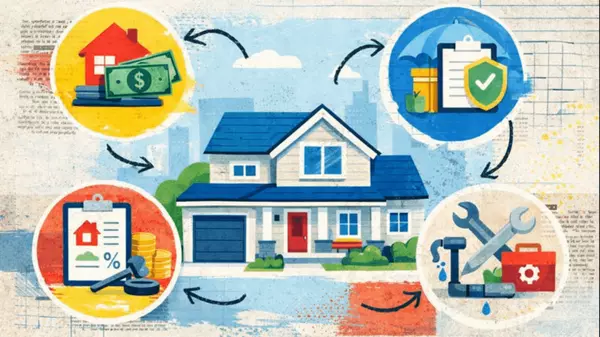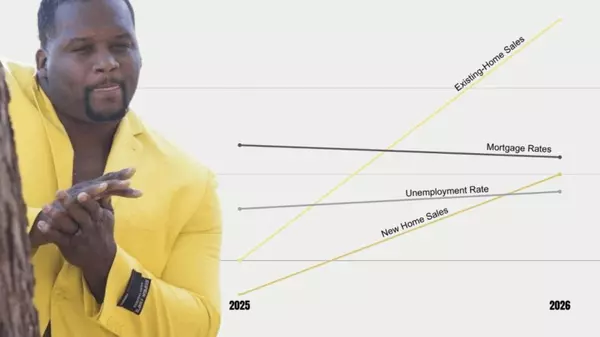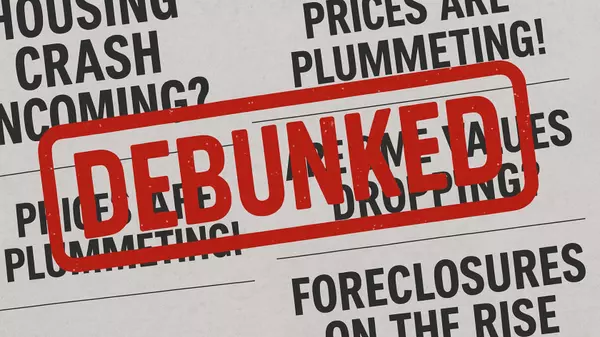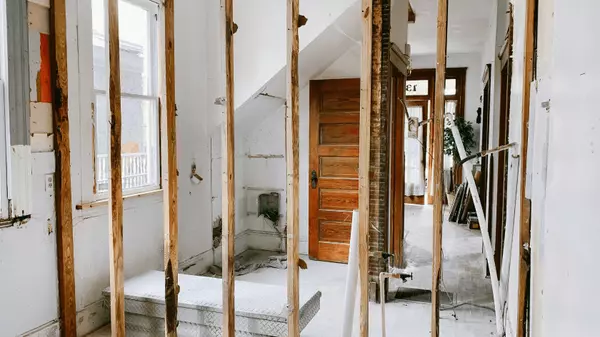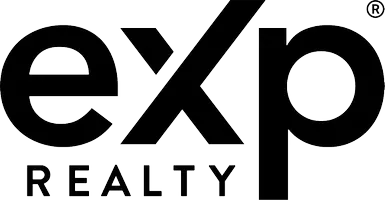Manufactured Home vs. Mobile Home: What’s the Difference and How Can You Finance Them?
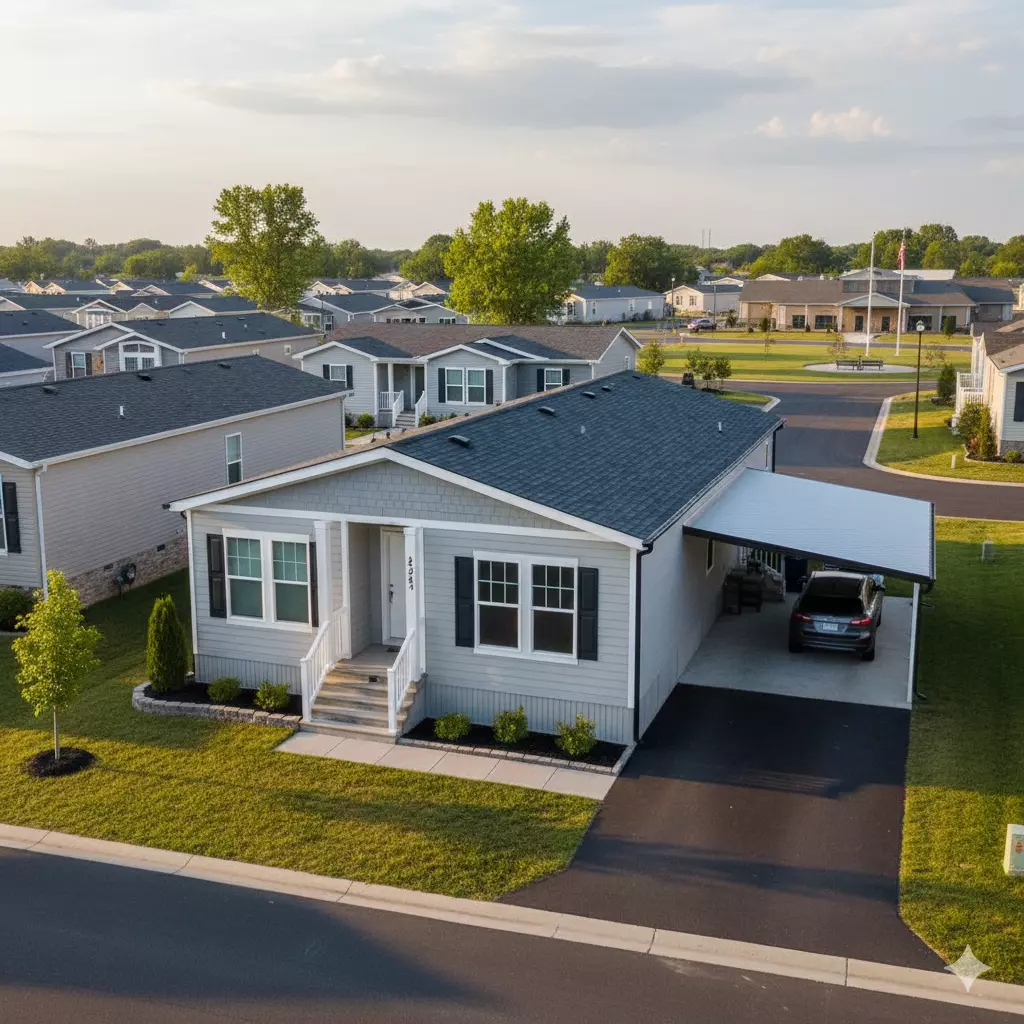
Demystifying Manufactured vs. Mobile Homes: What's the Difference and How Do You Finance Them?
For many aspiring homeowners, the terms "manufactured home" and "mobile home" are often used interchangeably. However, there's a crucial distinction between the two, primarily stemming from when they were built and the regulations they adhere to. Understanding these differences is key to making an informed decision, especially when it comes to financing.
Let's break it down!
The "Mobile Home": A Blast from the Past
The term "mobile home" generally refers to homes built before June 15, 1976. This date is significant because it's when the U.S. Department of Housing and Urban Development (HUD) implemented the Federal Manufactured Home Construction and Safety Standards, often referred to as the "HUD Code."
Before the HUD Code, mobile homes had varying construction standards, which could sometimes lead to inconsistencies in quality and safety. While many pre-HUD Code mobile homes are still perfectly sound and habitable, their age and the lack of standardized regulations can impact their resale value and, most importantly, their financing options.
The "Manufactured Home": Modern Standards, Modern Living
Any home built on or after June 15, 1976, and constructed to the HUD Code, is officially considered a manufactured home. These homes are built in a factory environment under strict quality control, ensuring they meet rigorous standards for:
-
Design and Construction: From structural integrity to insulation and energy efficiency.
-
Fire Safety: Including requirements for smoke detectors and fire-resistant materials.
-
Plumbing, Heating, and Electrical Systems: Ensuring safety and functionality.
Manufactured homes are built on a non-removable steel chassis, transported to their site, and then typically installed on a permanent or semi-permanent foundation. They can range from single-section homes to multi-section designs that offer ample living space and diverse architectural styles.
| Feature | Mobile Home (Pre-1976) | Manufactured Home (Post-1976) |
| Construction | Variable standards, not federally regulated | Built to strict HUD Code standards, federally regulated |
| Age | Built before June 15, 1976 | Built on or after June 15, 1976 |
| Regulation | State and local codes (if any) | Federal HUD Code |
| Perception | Often associated with older, lower-quality homes | Modern, quality-controlled housing option |
| Financing | More challenging, often personal loans or chattel | Broader options, including conventional and government-backed mortgages |
Financing Your Home: Navigating the Options
Financing is where the distinction between mobile and manufactured homes becomes most critical.
Financing a Mobile Home (Pre-1976)
Due to their age and the absence of federal construction standards, financing pre-1976 mobile homes can be more challenging.
-
Chattel Loans: These are personal property loans, similar to an auto loan, rather than real estate mortgages. They typically have higher interest rates and shorter repayment terms than traditional mortgages. The home itself serves as collateral.
-
Personal Loans: Unsecured personal loans can be used, but they generally come with the highest interest rates and are often for smaller amounts.
-
Cash: Some buyers opt to purchase older mobile homes outright with cash.
It's difficult to get a traditional mortgage for a pre-1976 mobile home, especially if it's not permanently affixed to land that you own. Lenders view these homes as depreciating assets rather than appreciating real estate.
Financing a Manufactured Home (Post-1976)
For manufactured homes, the financing landscape is much more robust, especially if the home is permanently affixed to a foundation on land you own. When properly installed and titled as real property, manufactured homes can qualify for many of the same financing options as site-built homes.
Here are the primary types of financing available for manufactured homes:
-
Conventional Mortgages:
-
What it is: These are standard home loans offered by private lenders.
-
Requirements: Typically require a good credit score, a down payment (often 5-20%), and the home must be permanently affixed to land you own and meet specific appraisal requirements.
-
Pros: Competitive interest rates, flexible terms.
-
Cons: Can have stricter eligibility criteria than government-backed loans.
-
-
FHA Loans (Federal Housing Administration):
-
What it is: Government-backed loans designed to help low-to-moderate-income borrowers become homeowners.
-
Requirements: Lower down payment options (as low as 3.5%), more flexible credit requirements. The home must be built after June 15, 1976, be on a permanent foundation, and meet FHA's specific structural and safety standards. The land must also be owned by the borrower.
-
Pros: Easier to qualify for, lower down payments.
-
Cons: Requires mortgage insurance premiums (MIP).
-
-
VA Loans (Department of Veterans Affairs):
-
What it is: Exclusively for eligible service members, veterans, and surviving spouses.
-
Requirements: Often require no down payment, no private mortgage insurance (PMI). The manufactured home must be on a permanent foundation on land owned by the veteran, and it must meet VA construction standards.
-
Pros: Incredible benefits for eligible veterans, including 0% down.
-
Cons: Only available to those with VA eligibility.
-
-
USDA Loans (U.S. Department of Agriculture):
-
What it is: Designed for low-to-moderate-income borrowers in eligible rural areas.
-
Requirements: Often require no down payment. The manufactured home must be new, permanently affixed to a foundation on land owned by the borrower, and meet USDA guidelines for size and construction.
-
Pros: No down payment, competitive rates, helps promote homeownership in rural communities.
-
Cons: Geographic and income restrictions apply.
-
-
Chattel Loans (Personal Property Loans):
-
What it is: While also used for older mobile homes, chattel loans are still an option for new manufactured homes, especially if you plan to place the home on leased land (e.g., in a manufactured home community) or don't own the land.
-
Requirements: The home itself is the collateral.
-
Pros: Can be quicker to approve, doesn't require land ownership.
-
Cons: Typically higher interest rates and shorter terms than mortgages.
-
Key Considerations for Manufactured Home Financing:
-
Land Ownership: Owning the land the manufactured home sits on is crucial for qualifying for traditional mortgages. If you lease the land, chattel loans are generally the only option.
-
Permanent Foundation: For most mortgage types (FHA, VA, USDA, Conventional), the manufactured home must be permanently affixed to a foundation.
-
Titling: The home's title must be "retired" or converted from a personal property title to real property to be eligible for traditional mortgages.
-
Appraisal: The home and land will need to appraise for the loan amount.
Conclusion
While the terms "mobile home" and "manufactured home" are often used interchangeably, understanding their technical and regulatory differences is essential. For anyone considering an older mobile home, be prepared for more limited and often higher-cost financing. However, for those looking at modern manufactured homes built to HUD Code standards, a wide array of financing options exist, making them a viable and increasingly popular choice for affordable and quality homeownership. Always consult with a lender specializing in manufactured home financing to explore the best options for your specific situation.
Categories
Recent Posts
